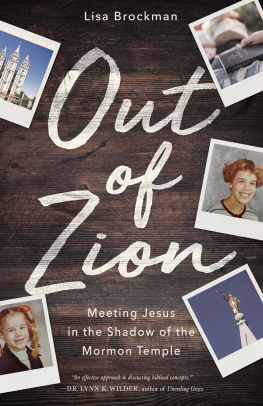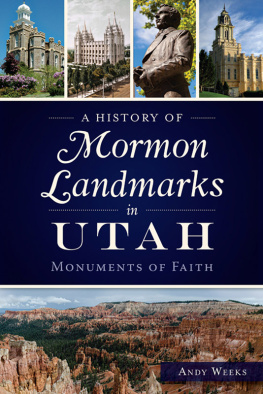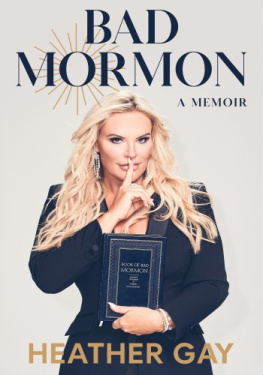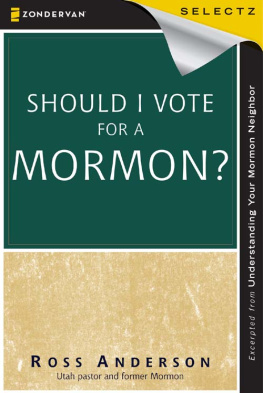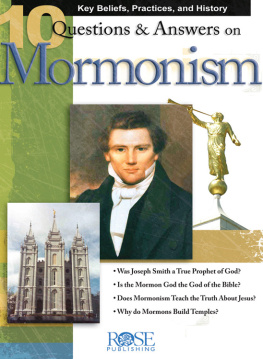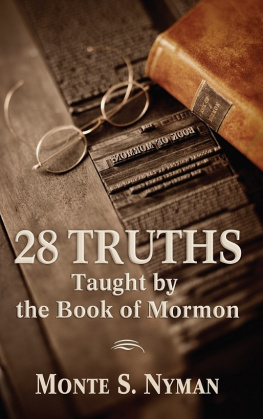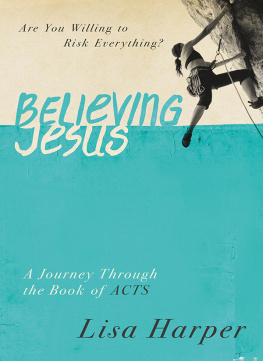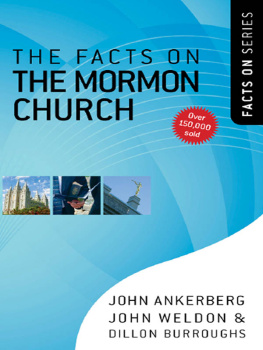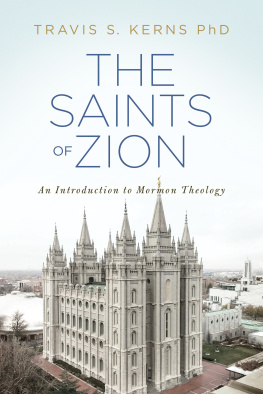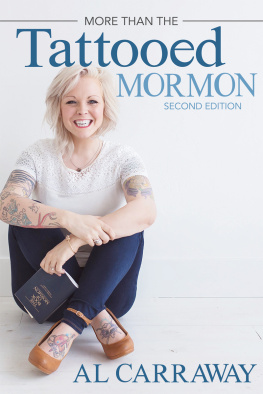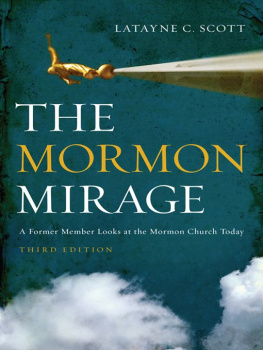Table of Contents
Guide


HARVEST HOUSE PUBLISHERS
EUGENE, OREGON
Unless otherwise indicated, all Scripture quotations are from The ESV Bible (The Holy Bible, English Standard Version), copyright 2001 by Crossway, a publishing ministry of Good News Publishers. Used by permission. All rights reserved.
Verses marked NIV are taken from the Holy Bible, New International Version, NIV. Copyright 1973, 1978, 1984, 2011 by Biblica, Inc. Used by permission. All rights reserved worldwide.
Verses marked KJV are taken from the King James Version of the Bible.
Verses marked NASB are taken from the New American Standard Bible, 1960, 1962, 1963, 1968, 1971, 1972, 1973, 1975, 1977, 1995 by The Lockman Foundation. Used by permission. (www.Lockman.org)
Verses marked MSG are taken from THE MESSAGE. Copyright by Eugene H. Peterson 1993, 1994, 1995, 1996, 2000, 2001, 2002. Used by permission of Tyndale House Publishers, Inc.
Published in association with the literary agency of Wolgemuth & Associates, Inc.
Cover by Kara Klontz Design
Cover Images Elena Pal, kilic inan, Boykov, Action Sports Photography, Boykov, Evelyn Chavez / shutterstock
Interior Salt Lake Temple Images Pixabay
This book contains stories in which the author has changed peoples names and some details of their situations in order to protect their privacy.
Out of Zion
Copyright 2019 by Lisa Brockman
Published by Harvest House Publishers
Eugene, Oregon 97408
www.harvesthousepublishers.com
ISBN 978-0-7369-7645-9 (pbk.)
ISBN 978-0-7369-7646-6 (eBook)
Library of Congress Cataloging-in-Publication Data
Names: Brockman, Lisa, author.
Title: Out of Zion / Lisa Brockman.
Description: Eugene : Harvest House Publishers, 2019.
Identifiers: LCCN 2019015142 (print) | LCCN 2019021334 (ebook) | ISBN 9780736976466 (ebook) | ISBN 9780736976459 (pbk.)
Subjects: LCSH: Brockman, Lisa, 1969- | Protestant convertsUnited StatesBiography. | Missions to Mormons. | Christian life. | Church of Jesus Christ of Latter-day SaintsDoctrines. | Mormon ChurchDoctrines.
Classification: LCC BV4935.B657 (ebook) | LCC BV4935.B657 A3 2019 (print) | DDC 248.2/41409332 dc23
LC record available at https://lccn.loc.gov/2019015142
All rights reserved. No part of this electronic publication may be reproduced, stored in a retrieval system, distributed, or transmitted in any form or by any meanselectronic, mechanical, digital, photocopy, recording, or any otherwithout the prior written permission of the publisher. The authorized purchaser has been granted a nontransferable, nonexclusive, and noncommercial right to access and view this electronic publication, and purchaser agrees to do so only in accordance with the terms of use under which it was purchased or transmitted. Participation in or encouragement of piracy of copyrighted materials in violation of authors and publishers rights is strictly prohibited.
To Mom and Dad
We have journeyed through deep waters together.
I wouldnt have wanted to grow, weep, laugh, thrash,
and play in the depths with anyone else.
I love you.
Contents

In August 2018, President Nelson, the current Prophet of the Church of Jesus Christ of Latter-day Saints, released a statement that members of the Church are no longer to use nicknames to refer to themselves, like Mormon or LDS. In October 2018, during the Churchs worldwide General Conference, he stated, The name of the Church is not negotiable. When the Savior clearly states what the name of His Church should be, and even precedes His declaration with Thus shall my church be called, He is serious. And if we allow nicknames to be used and adopt or even sponsor those nicknames ourselves, He is offended.
As a child growing up in the Church of Jesus Christ of Latter-day Saints during the 1970s and 1980s, I was proud to be a member of the Mormon Church and to be called a Mormon. Back then, it did not offend the Lord to call ourselves Mormons. Because this is the term we commonly used during the years in which my story was set, I will use that term throughout my book. I dont wish to disrespect anyone in using this term, but to use any other term would not be authentic to my story or the culture in which I was raised.
I noted that it is sometimes hard to tell whether you are being killed or saved by the hands that turn your life upside down.
BARBARA BROWN TAYLOR
S now fell white around us, blanketing earth with winter. Gary and I sat in his red Nissan 380ZX in front of the communications building. It was the close of the first semester of my freshman year at the University of Utah. A mutual friend on my tennis team had set up Gary and me on a blind date one month earlier, convinced we would click. We didnt just clickwe were drawn together like magnets. Our personalities seemed to come even more alive when we were together, and our infatuation was mutual. We were both athletes and both living a bit rebelliously. Though we shared many commonalities, there was one very important reality we did not shareour religious beliefs. This tension between us was an ever-present reality that we chose to ignore for the first month of our relationship.
Two months earlier, I had been filled with excitement about leaving behind East High and venturing into a broader sea of people at the university. Although I was eager for my college experience, insecurity lurked. My friend, Kate, was attending the university as well, which was a relief. Having someone I knew and loved walking beside me into college life helped me not feel alone. Together, we decided to participate in Greek rush week. I romanticized Greek life due to all of the movies I had watched throughout high school and knew I would like to join a sorority.
On that hot Labor Day weekend, as Kate and I visited each sorority house on the first day of rush, I felt as though I were an object in a lineup being evaluated by a sea of beautiful young women. There were hundreds of freshmen rushing, all of us hoping to appear more mature than we were. My mind swam. How would I know if I was performing to their standards? There were so many of them. How could I appeal to enough of them to be chosen? In my attempt to hide my insecurity, I sang the songs the seasoned sorority girls taught me that day a little louder than usual and echoed sorority chants with gusto. I wondered what their criteria was for selecting who they would like to become their sister as I sat on benches in the Pi Phi house and belted out songs the song leader taught me. I envisioned the conversation the sorority sisters might be having that night: Shes okay. Maybe. Shes perfectwell take her. But that one? No way, send her on to the next house.
On the final day of rush week, I found my home in Kappa Kappa Gamma. My entire body exhaled with the news that I had survived rush week and matched with a seemingly wonderful house of sisters. I had found my community for the next four years, my place of belonging.
The fall of my eighteenth year was full of goodness. My dream of playing college tennis, in spite of serious back injuries, had come true. Between the other athletes and sorority girls, I was making new friends. And Gary, a baseball player who looked like a god, was pursuing me. In my nave vision of how college should be, I was living my ideal reality.
Next page
